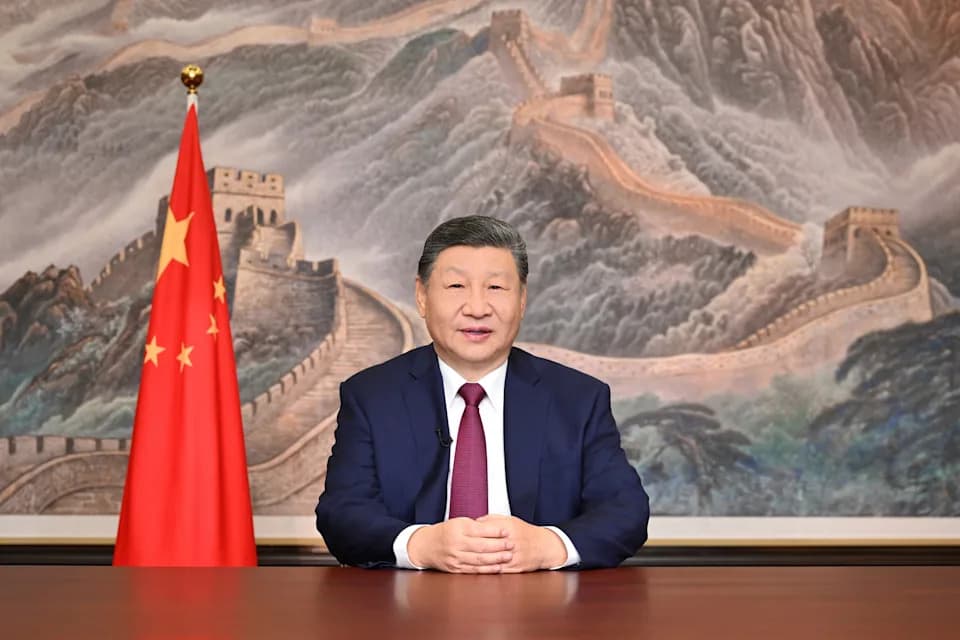China has suspended imports of Japanese seafood following comments by Prime Minister Sanae Takaichi about possible Japanese military responses related to Taiwan. Beijing said the pause will allow monitoring of wastewater from the Fukushima Daiichi plant and said bilateral relations were seriously damaged. Diplomatic efforts to resolve the dispute have so far stalled, and China warned of potential further countermeasures if Japan does not retract the remarks.
China Suspends Japanese Seafood Imports After PM Takaichi's Taiwan Remarks

China has announced a suspension of imports of Japanese seafood, saying the move will allow Chinese authorities to monitor wastewater from the Fukushima Daiichi nuclear power plant and expressing strong displeasure over recent remarks by Japan's prime minister, Sanae Takaichi. Chinese Foreign Ministry spokesperson Mao Ning said Takaichi's comments "fundamentally damaged the political foundation of China-Japan relations" and added there was "no longer a market for Japanese seafood."
The dispute erupted nearly a month after Takaichi took office as Japan's first female prime minister. She told lawmakers that Japan's Self-Defense Forces could respond if a conflict in the Taiwan Strait created a legitimate self-defense scenario, warning that Chinese military action toward Taiwan might prompt a Japanese response.
China had only recently resumed buying Japanese seafood after lifting a ban that followed contamination concerns stemming from the 2011 earthquake and damage at the Fukushima plant. Beijing framed the new suspension as a public-health and safety measure tied to wastewater monitoring, while critics say the decision is also a diplomatic rebuke.
Efforts to calm the situation have so far produced no breakthrough. Tokyo dispatched diplomatic envoys to Beijing this week, but talks on Tuesday yielded no progress, with one Chinese diplomat describing the meeting as unsatisfactory. In parallel, Chinese authorities postponed the release of two Japanese films and issued travel precautions for citizens, while Japanese officials reportedly advised nationals in China to avoid large gatherings.
Mao warned that if Japan does not retract the remarks or continues to "make wrong moves," China will have "no choice but to take severe and resolute countermeasures, and Japan will bear all the consequences that arise." The diplomatic standoff remains fluid as both sides continue consultations and monitor the political fallout.
Help us improve.


























